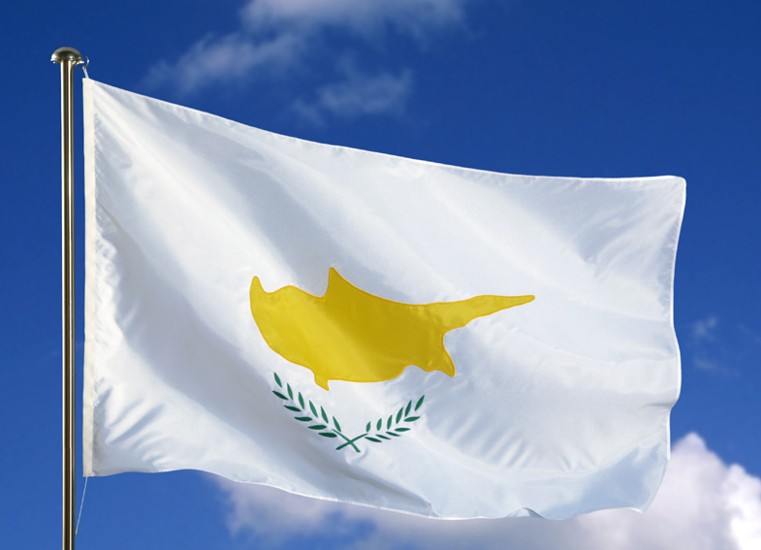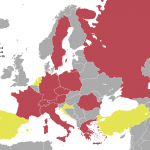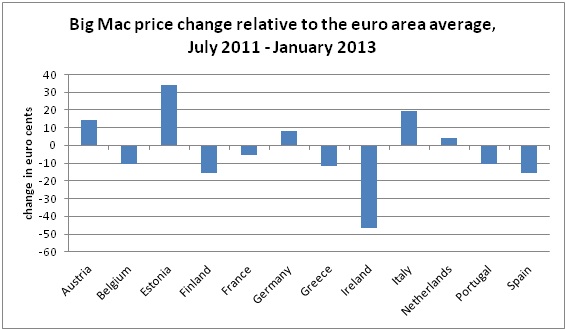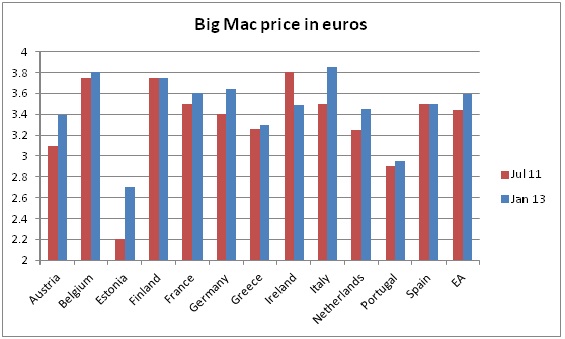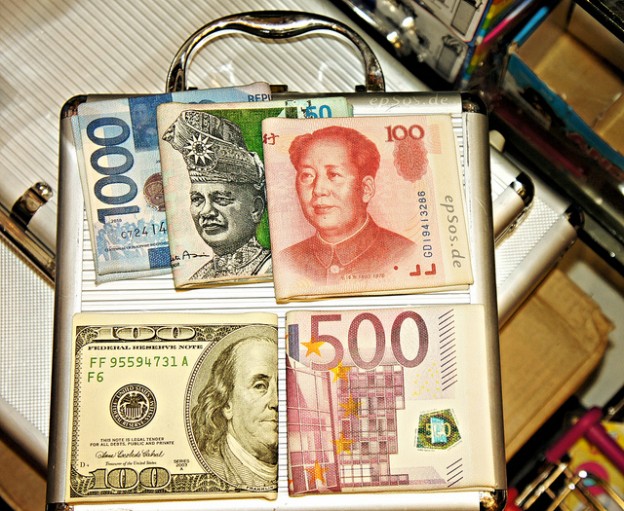According to a new report by Germany’s Bundesbank, Eurozone countries on the verge of a default should draw on the private wealth of their citizens instead of asking others for help. The central bank has detailed a future template for bailouts which attempts to avoid the previous model used for Greece, Portugal and Ireland and has suggested that a one-off capital levy, in other words, a tax on people’s private wealth should be imposed in the first instance, if a country runs into problems.
The bank stressed that a country should exhaust its own possibilities to regain the trust in the sustainability of its public finances and that rescue programs financed by other member states’ taxpayers should only exceptionally be put into action as a last resort such as when the financial stability of the Eurozone is in real danger.
Complaints from northern European members about having to bail out their southern neighbours are commonplace and billions of euros have been used to prop up struggling countries. Greece, for example, has secured two international bailouts since mid-2010, totaling around $330 billion. The German government has always insisted on harsh austerity measures as a way for stricken countries to get their economies back on track and signaled their unwillingness to let the European Central Bank engage in quantitative easing which would potentially fuel inflation in its own nation.
The Bundesbank report looks to renew a debate as to whether German taxpayers should be on the line with future Eurozone bailouts, illustrating the fact that there is no support in the Eurozone for any large scale mutualisation of debts. This means that future loans could be more of a bail-in than a bailout-in, as seen in Cyprus. Hence, the message for countries wanting Eurozone bailouts in the future is, do it yourself!
Open an Account




